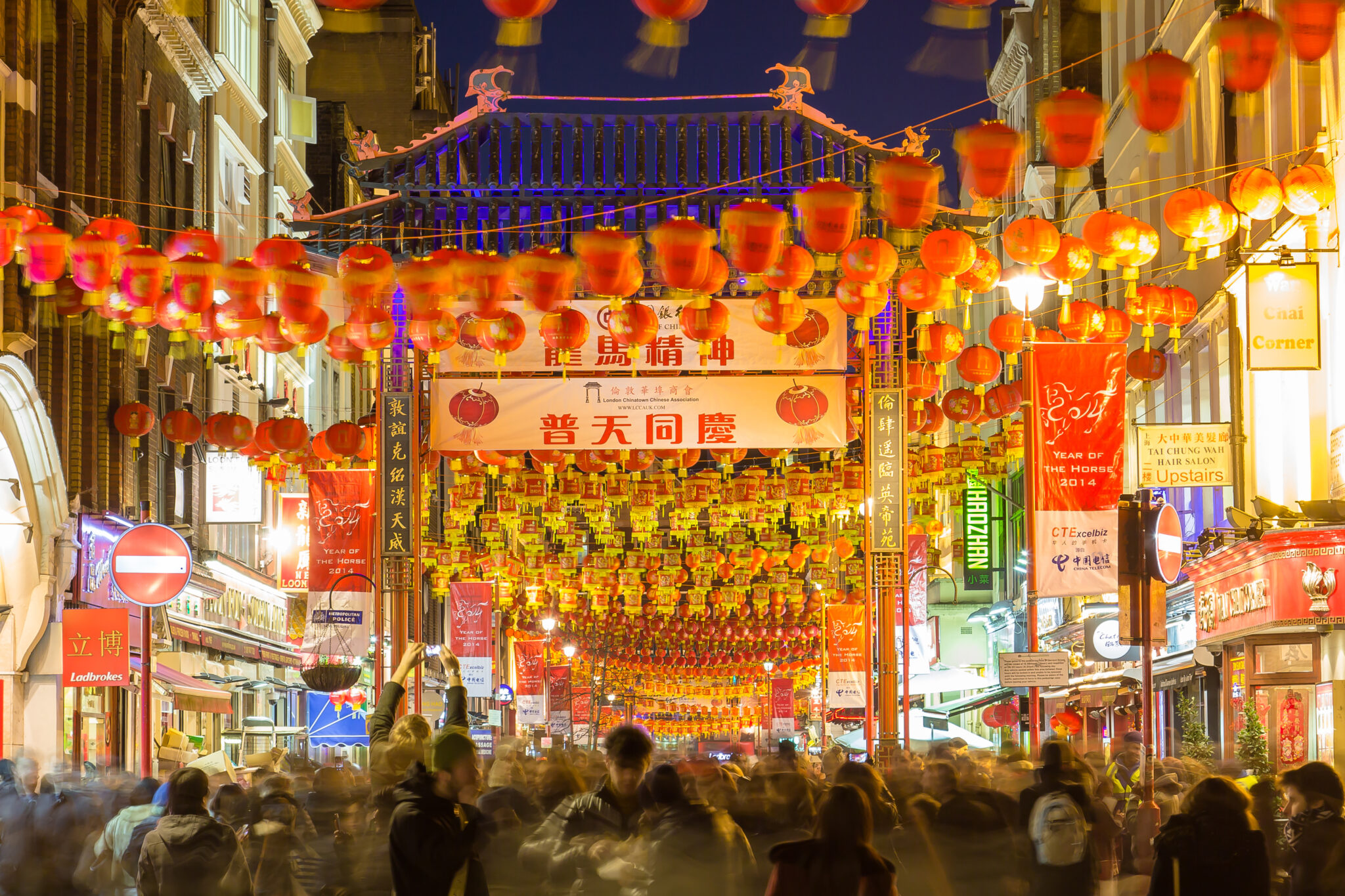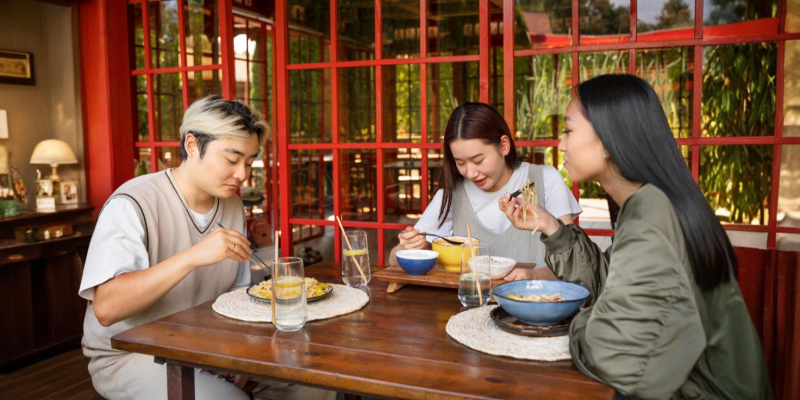
A Brief History of the British East Asian Community in the UK
The path of the British East Asian Community in the UK is an interesting story of movement, resilience, and cultural energy. From the early days of immigration to the thriving community, it is today, this community has woven itself into the fabric of British society while keeping its unique cultural identity. Their rich past is marked by beating hurdles and changing to new surroundings, all while having strong ties to their roots.
As the community has grown, so too has its impact on British society, from food and art to business and education. This lively community stands as a testament to the strength of variety, enjoying both its uniqueness and its contributions to the more excellent UK environment. =
Today, the British East Asian community represents a sense of identity, belonging, and link that strengthens the diversity of modern Britain, continually changing the nation’s developing cultural patchwork. This trip represents not only the perseverance of its members but also the lasting impact of their cultural diversity and shared experiences.
Early Migration (19th to Early 20th Century)
The roots of the British East Asian community can be traced back to the 19th century, when Chinese fishermen and workers came to port towns like Liverpool and London, seeking chances amid the winds of change brought by British rule.
These early travelers often faced poverty and social isolation, yet they formed ties that laid the basis for a sense of community. Their desire to create a home away from home led to the creation of close-knit areas where customs and cultural practices were lovingly passed down through generations.
Post-World War II Immigration
The post-World War II era marked a major turning point, as the UK opened its doors to newcomers from its former countries. This wave brought in not only Chinese workers but also Vietnamese and Hong Kong communitys, each adding their unique tastes to the British cultural scene. Traditional restaurants, food shops, and cultural communities thrived, creating lively hubs of activity that became the heart of community life.
Cultural Contributions and Challenges
Throughout the latter half of the 20th century, the British East Asian community thrived, adding greatly to the cultural mix of the UK. Their tasty food tantalized taste buds, while their art and traditions brought fresh views and creativity to British society. However, despite these successes, obstacles like racism and ethnic ignorance remained. The battle for acceptance and respect became a shared story, increasing the community's determination to boost one another.
Post-COVID Problems Faced by the British East Asian Community
The COVID-19 outbreak left a long cloud over many areas, and the British East Asian community faced special difficulties. The pandemic was not just a health disaster but also a time of heightened discrimination, as harmful beliefs appeared, targeting the East Asian community due to the virus’s beginnings. These experiences of racism underscored the need for cooperation, kindness, and community support.
Mental Health Challenges
As lockdowns separated people from their loved ones, many East Asians in the UK felt an overwhelming sense of loneliness and worry. The physical separation steps, while important, mistakenly cut off vital social contacts that serve as lifelines in tough times.
For many, the lack of family events, cultural holidays, and shared moments created an emotional void, deepening the yearning for friendship and connection.
Need for Companionship
In this post-COVID world, the desire for friendship has never been more important. Many people are looking for genuine relationships where they can share their experiences, fears, and dreams.
The pandemic underscored the value of community bonds—those ties that boost and inspire. This desire for togetherness spread throughout the East Asian community, telling us of the power found in unity and shared experiences.
The Importance of Community Support
In reaction to these difficulties, community support has become a symbol of hope. Asian community app like Maccha are not just apps; they are lifelines that encourage authentic relationships among people handling their unique paths.
Through cultural events, shared experiences, and essential talks, members of the East Asian community can come together to enjoy their roots and build long bonds.
Creating Safe Spaces
Creating safe places for open conversation and cultural sharing is vital in fighting stereotypes and discrimination. Initiatives that support understanding and acceptance allow individuals to feel seen and respected, strengthening the sense of connection that is so crucial to mental well-being. By getting together to share stories and customs, community members can enjoy their identities while supporting one another in times of need.
Encouraging Connections
As the British East Asian community tries to rebuild its social networks post-COVID, the value of friendship is strong. Events that celebrate cultural heritage, such as food fairs, tale nights, or community activities, provide perfect opportunities for making deep connections. These times of shared laughter, joy, and understanding build a sense of family among people, telling us all that we are not alone in our travels.
Imagine meeting with friends to make traditional foods, sharing laughter as you learn from one another, or participating in cultural events that celebrate your heritage. Each shared experience strengthens the bonds of friendship and society, improving lives with the warmth of connection and the liveliness of culture.
Conclusion
The past of the British East Asian community in the UK is not just a record of movement; it is a celebration of resilience, cultural richness, and the lasting spirit of friendship. While the difficulties brought by COVID-19 have tried the community, they have also highlighted the need for connection and support. ESEA Community apps like Maccha offer a critical place for people to come together, share their stories, and build meaningful bonds that span national borders.
As we move forward, the power of community will continue to play a key role in creating connection and identity. By accepting our shared history and supporting one another, we can build a lively web of relationships that represent the power and beauty of the British-East Asian community. Together, let us enjoy our traditions, support one another, and make important relationships that will stand the test of time.


